Bad Words
Squats and groans will strengthen bones and the words we use may help — or hurt us. Words and the choice to use them has the capacity to guide our perceptions of self and how we effectively share and communicate with others. This belief was shared to us first by our parents, and has become further entrenched in our exercise and learning experiences with teachers from around the world. Specifically, one organization challenged us to be be strong first, and insisted that we replace the word weak with strong and strong with stronger.
We know that refining exercise habits is a challenge and that choosing different words to express ourselves is a practice requiring reflection and refinement. In our application, we do not aim to simply replace a negative with a positive, but rather — to find an alternative.
What words are present in your lexicon of lifting and living? Do they build you up or degrade your efforts?
The following are words we choose to avoid in our practice:
Fix
Things break, and occasionally body parts do too. However, most likely you don’t need fixing but rather an opportunity to check in, adjust or change. Assemble a diverse tool belt of strategies to achieve your wellness, but may you never need to fix anything.
The Weak - Strong - Stronger Continuum
There are days in the week to train and others to rest, but none of them mean that you are weak. Showing up, training and trying indicate you are beyond a weakened state. So, together may we learn and apply strength.
Lose
Change the focus on what you lose with exercise, and choose to learn and accumulate skills for wellness, mobility and strength in your practice so that you may stay active in your favourite pursuits.
This week choose your words, practice your skills and instead of sticks and stones — use Barres + Bells and empowering words instead.
Take care,
Lauryn + Ian

